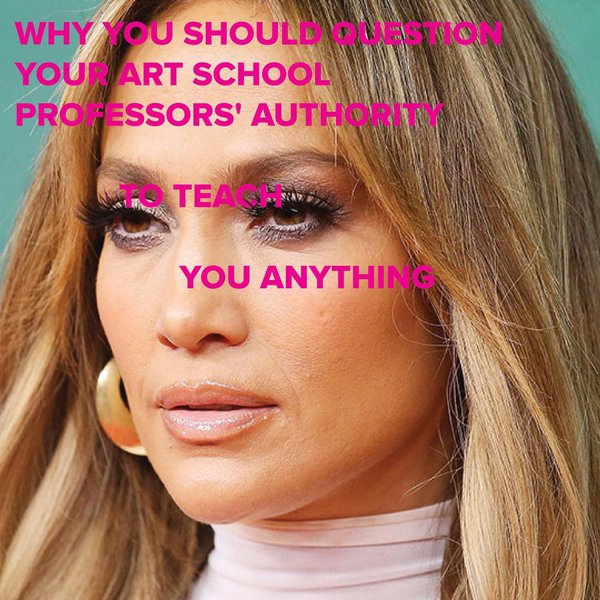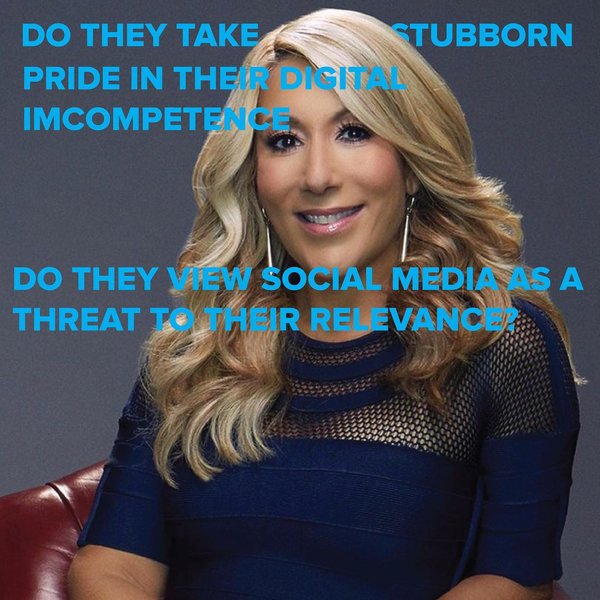Sublime
An inspiration engine for ideas
The truth of the matter is that most people don’t have the skills to articulate what is bothering them about a piece of writing. They will see everything through the lens of their tastes and their concept of drama. Rarely will they look at what you are attempting to do and be able to give unbiased advice about how to achieve it.
Brian McDonald • Invisible Ink: A Practical Guide to Building Stories that Resonate
if it’s possible that one can write critically about aesthetic optimization as a way of continuing to worship it while establishing plausible distance.
- from “Poser ethic” by Rayne Fisher-Quann on Substack.
But considered as the end, not the beginning, of formal logic, it is open to three kinds of criticism: (1) Formal defects within the system itself. (2) Over-estimation of the syllogism, as compared to other forms of deductive argument. (3) Over-estimation of deduction as a form of argument.
Bertrand Russell • History of Western Philosophy

- Receive the criticism all the way through and get it over with. 2. Jot down notes to yourself on what concepts or phrases bother you. 3. Jot down notes on what concepts or phrases seem useful. 4. Do something very nurturing for yourself—read an old good review or recall a compliment. 5. Remember that even if you have made a truly rotten piece of
Julia Cameron • The Artist's Way
Here are social psychologist Anatol Rapoport’s rules for criticizing something:
You should attempt to re-express your target’s position so clearly, vividly, and fairly that your target says, “Thanks, I wish I’d thought of putting it that way.”
You should list any points of agreement (especially if they are... See more
















